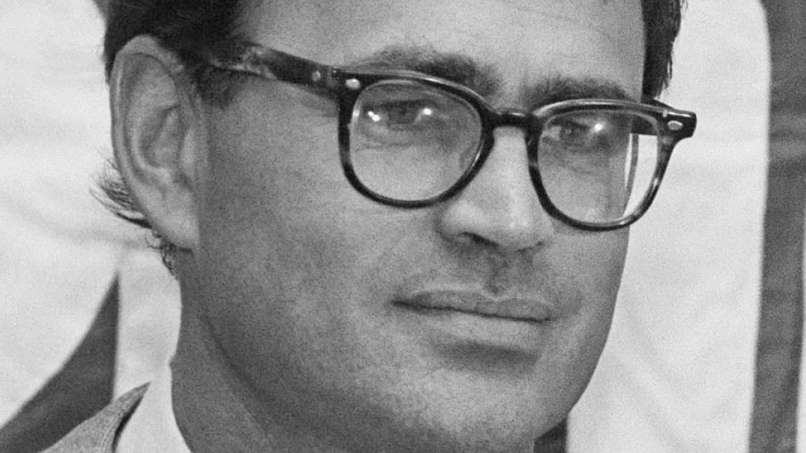In the realm of baseball history, there are figures whose impact stretches far beyond the diamond. Ruly Carpenter, the former president of the Phillies, stands tall among them. A visionary leader, Carpenter's transformative tenure with the Phillies not only resulted in their first World Series title but also left an enduring legacy that resonates today.
The Phillies will honor Carpenter, along with Scott Rolen and the late John Quinn, with induction to the Wall of Fame later this summer, the club announced on Tuesday.
Carpenter, the scion of the Carpenter family who owned the Phillies, assumed the reins of the organization in 1972. Armed with a deep love for the game and astute business acumen, he immediately set out to revolutionize the franchise. Under his stewardship, the Phillies underwent a remarkable transformation, both on and off the field.
Recognizing the need for change, Carpenter spearheaded a commitment to player development and scouting, laying the groundwork for the team's future success. This approach paid dividends as the Phillies assembled a formidable roster, which included talents like Mike Schmidt, Steve Carlton, and Larry Bowa.
"Ruly Carpenter was a consummate professional sports team owner,” Phillies Managing Partner John Middleton said in a statement upon Carpenter's death in 2021. “A third-generation local businessman, he believed in developing not just your players from within, but also your front office. Ruly was the driving force in promoting both Paul Owens and Dallas Green, and collectively, the three oversaw one of the greatest eras in Phillies history. They built a team anchored by the greatest player and pitcher in Phillies history, Mike Schmidt and Steve Carlton, that won four NL East division titles and Philadelphia’s first World Series championship in 1980."
Carpenter's impact extended far beyond the confines of Veterans Stadium. His vision for a state-of-the-art training and development complex led to the creation of the Carpenter Complex in Clearwater, Florida. This facility, which has since become the envy of Major League Baseball, became the spring training home for the Phillies and provided a nurturing environment for players to hone their skills.
Carpenter's tenure reached its pinnacle in 1980 when the Phillies captured their first-ever World Series title. Under the leadership of manager Dallas Green, the team assembled by Carpenter showcased their resilience and talent, etching their names into Philadelphia sports lore. The celebration that ensued in the City of Brotherly Love was a testament to Carpenter's unwavering commitment to excellence.
Carpenter recognized the financial landscape was changing though across baseball and several months later announced his intention to sell the club, citing growing player salaries because of free agency and arbitration.
“He loved baseball, but he would drop hints every now and then that he
thought free agency would get out of hand," Larry Bowa told the New York Times in 2021. "He’d say he didn’t know how
long he’d keep doing this.”
Carpenter eventually sold the club in 1981 to a group led by Bill Giles for $30.2 million
“I just never liked the idea of having to contact three or four other partners if there was a big financial decision that had to be reached,” he told The Philadelphia Daily News in 2008. “And in 1981, I just looked at where baseball was and said, ‘Boy, this is never going to change.’”
Beyond his impact on the Phillies organization, Carpenter's philanthropic endeavors have also left an indelible mark. Through the Ruly Carpenter Foundation, he has supported various educational and community initiatives, leaving a positive and lasting legacy in Philadelphia and beyond.
As the years have passed, Carpenter's influence has remained a guiding force within the Phillies organization. The lessons he imparted on leadership, dedication, and community engagement continue to shape the organization today.
“He would treat you the same if you were a superstar or the 25th guy on the team,” Bowa said.




